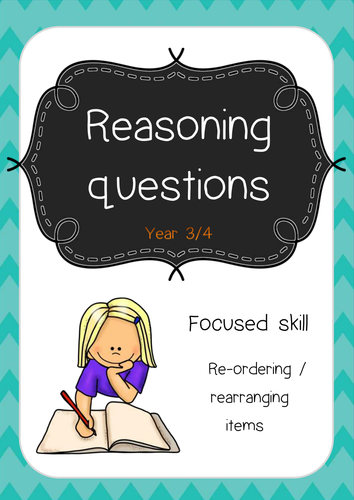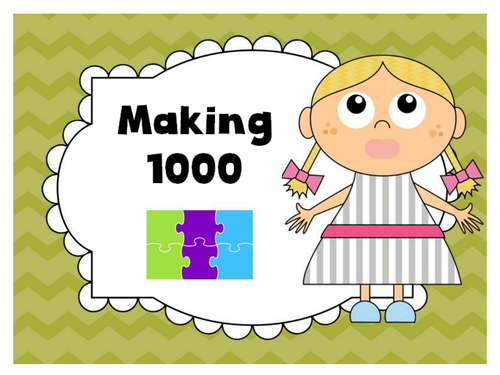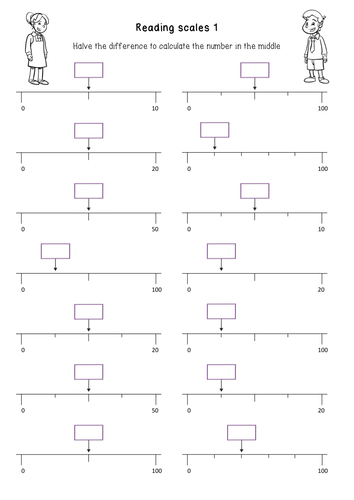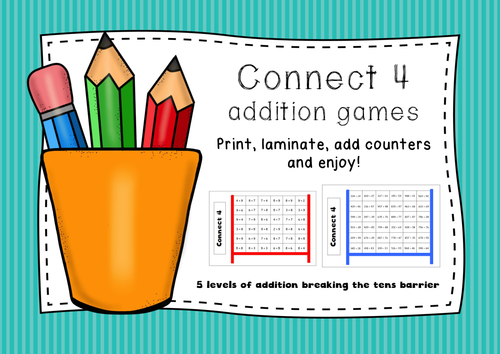
40Uploads
41k+Views
27k+Downloads
Math for early childhood

Year 3/4 Mathematics reasoning investigations, focusing on re-ordering / rearranging
Mathematical reasoning has been brought into focus with the poor results of the PISA tests. These 5 investigations focus on re-ordering work with emphasis on a given set of options.
They are ultimately suited to year 3 but without prior investigation work, I’ve used these successfully in my year 4 class. I would advise using equipment/resources to spark interest in the task.
Each investigation has an extension which is a level above the problem for those children who are capable learners already. This assists classroom management, where high achievers can be disengaged when problems seem obvious to them.
There is also vocabulary specific to re-ordering work, to assist the teacher in promoting the language and therefore facilitate progress.

Whiteboard practice PowerPoints, 1000 number bonds, Big Maths CLIC session
4 PowerPoints to use alongside the Big Maths clic sessions. I also use them as whiteboard sessions at the beginning of Maths lessons. They get progressively harder from the first to last, breaking the tens barrier twice by the end.
There are 4 pages to each PowerPoint which I have been using in year 4, but are suitable for other ages.

Whiteboard practice PowerPoints, 100 number bonds, Mr 100
Here is my strategy for teaching 100 number bonds. It is similar to the Big Maths clic session jigsaw addition. There are 4 PowerPoints, getting harder each time. The children love it and find it an easy strategy to follow.
I have included my differentiated worksheet too.

Calendar questions – Fun group work cards, reasoning with time
Develop Mathematical Reasoning with these calendar questions.
Learning from each other in group work goes a long way when tackling the range of abilities and knowledge when dealing with facts associated with time.
Answers can be recorded as photographs with counters to prove their learning if necessary.
Instructions - Arrange the class into 10 or less groups. Each group has a set of calendars. Questions are place in different places in the classroom. Groups are given different starting numbers. Teacher stays close to question 6 as they might require assistance. The task can be timed. First group to complete all correct answers wins(?)

Reading scales, an easier introduction
Finding missing numbers on scales can be a real challenge for some. Finding the difference before calculating half and adding this to the initial number is as confusing to some as it sounds! The easier introduction is developing these skills one step at a time, by starting with 0. These two step worksheets, with simple PowerPoint introduction, will ensure more of the class will achieve.

FUN colouring division with remainders, times tables 2-10
9 colouring sheets for fun differentiated times table practice. Answers are included as are times tables cards for LA.
Pupils need to calculate the remainders for each number, follow the key at the foot of the page and colour the boxes accordingly. Pupils guess the picture at the end.

Connect 4 addition.
5 connect 4 games to print and laminate. Sums developed to promote and develop addition, braking the tens barrier. The sums begin with 1 digit + 1 digit and progress up to 3 digit + 2 digit numbers.







